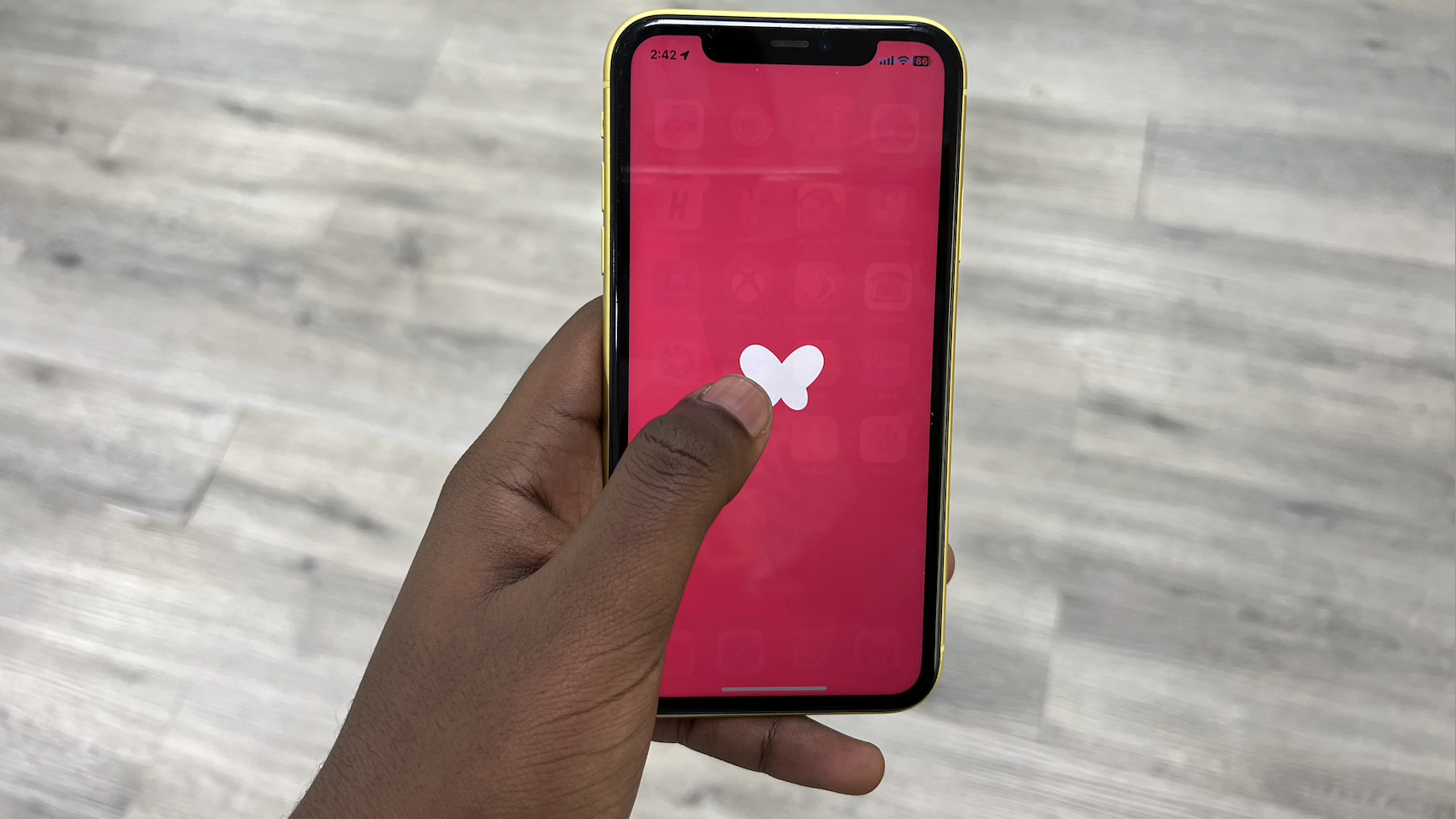The world’s largest Muslim dating app, Muzz, lost its UK trademark appeal against a conglomerate that owns Tinder, Match.com, and Hinge on Saturday.
The founder of the the world’s largest Muslim dating app, Muzz has the accused multi-billion dollar conglomerate that owns Tinder, Match.com and Hinge of “predatory tactics” after losing a UK trademark appeal on Saturday.
In a statement to Doha News, Muzz’s founder, Shahzad Younas, said he will defend the brand and called Match Group’s lawsuit an attempt to bully and intimidate his company.
“Let’s be clear – this legal battle is merely a tactic by Match Group, which has a history of litigating smaller competitors to maintain their global dominance. They attempted to acquire us four times for up to $35mn before then acquiring a competitor and then proceeding to file legal claims against us. The Muslim competitor they bought (Hawaya) was shut down by them in February 2023,” Younas told Doha News.
Both parties have been locked in a costly legal battle that has made global headlines.
The Match Group conglomerate had argued that the Muslim dating app, Muzz, had replicated its features and likeness, which caused users to confuse the two services.
Muzz, formerly known as Muzmatch, was forced to rebrand and change its name in a previous lawsuit. Consequently, it proceeded with an appeal process in the UK, believing the ruling was nothing more than an “attempt to stifle competition.”
But the Court of Appeals upheld the decision in favour of Match Group, accusing Muzmatch of infringing on Tinder and Hinge’s trademarks and “free-riding” on Match Group’s reputation and investment in its brand.
The court did not find an issue with the original judge’s ruling that there was “a likelihood of confusion as a result of Muzmatch’s use of SEO keywords comprising the word ‘Muslim-match’ and ‘Tinder’.
Search engine optimisation involves using particular words or phrases on websites to make it more likely to appear prominently on sites such as Google.
Earlier in the year, Match Group had filed another lawsuit over the swiping gesture, which it holds a US patent for. While Muzz agreed to remove the swiping gesture, it continued its fight until this UK lawsuit.
Muzz described Saturday’s loss as a calculated manoeuvre by Match Group and other big companies aiming to preserve their dominance against smaller rivals. It cited similar retaliation against Bumble for Match Group’s monopolising conduct.
“How about actually innovating and building better products, rather than using such lazy and predatory tactics against your rivals?” Younes said.
The outcome of the trademark lawsuit may have significant implications for the future of Muslim dating apps and for the broader tech industry. As smaller companies struggle to compete against larger players, Younes claimed it would become increasingly difficult to protect their intellectual property and ensure fair competition in the marketplace.
“All in, alongside a brand new spurious lawsuit filed against us in the US the day after our appeal hearing a month ago, this is now approaching a cost of $2mn in legal fees and damages. This is small change for a multi-billion dollar conglomerate such as Match Group however is precious working capital for a startup such as ours,” said Younes.
Muzz became a popular app for Muslim singles looking for serious relationships and marriage partners when it first emerged in 2015.
The app boasts over eight million members in more than 190 countries, and has been praised for its emphasis on traditional Islamic values, including modesty and the importance of family in the matchmaking process.







